Over the Moon puts a spin on Chinese Culture
New movie Over the Moon poster represents the themes of the movie.
October 28, 2020
Netflix released a new animated movie titled Over the Moon on October 23. Filled with touching stories about love and family, Over the Moon definitely is worth the watch. Some aspects of the movie proved to be incorrect culturally, but other points were extremely accurate and pinpoint key aspects of Chinese culture.
Over the Moon follows the 14-year-old FeiFei on her quest to bring her family back together. She, her bunny Bungee, and her step-brother Chin, take a trip to the moon to visit the moon goddess Chang’e. Once there, doesn’t allow the group of friends to return home until they give her the gift which supposedly allows Chang’e to reunite with her true love. The movie follows FeiFei through hardships and adventure to find what the gift truly is.
From the start, Over the Moon focuses on familial bonding and relationships. Starring the voices of Cathy Ang (FeiFei), Phillipa Soo (Chang’e), Ken Jeong (Gobi), John Cho (BaBa), Ruthie Ann Miles (MaMa), and Sandra Oh (Ms. Zhong), the film is brimming with star vocalists, actresses, and actors. The actions and facial expressions of the characters when they are around family clearly create a feeling of warmth inside viewers.
Although the movie is well-done and conveys familial love, many of the cultural statements are completely wrong. For instance, the true legend of Chang’e is centered around selfishness and how keeping all of the good for yourself does not end well. In the legend, Chang’e drinks the entirety of a potion meant to make a person immortal. Chang’e’s husband Hou Yi wanted to share the potion between themselves. But, because Chang’e was obsessed with herself, she drank the whole potion and was banished to live alone on the moon with only a bunny to keep her company. In the movie, this legend is portrayed as a love story. The movie shows Chang’e’s banishment place as a gorgeous colorful kingdom. Each time Chang’e cries, her tears manifest into small creatures that keep her company as well. I feel that movies involving cultural legends or statements should try harder to be more accurate and still have the same effect that they hoped to convey.
In addition to the incorrect legend portrayal, some of the clothing that Chang’e wears in the movie are not even Chinese. Chang’e made her first appearance in the movie dressed in a pop-style, colorful, short skirt and singing a very high tempo song. In the legend, Chang’e is depressed because she regrets her decision to drink the whole potion and not leave some for Hou Yi. Her entrance song is very out of character and is clearly used to attract younger audiences who may not enjoy a slower and more solemn song.
After Chang’e’s entrance, her apparel changes to a red flowing dress with a high peacock collar. This type of collar is traditionally Japanese, not Chinese. In Chinese culture, the patterns and designs on clothing have specific meanings. The collars are flat to show the length of a female’s neck. The longer a neck appears, the ‘prettier’ the female seems. The patterns and collar on Chang’e’s clothing do not represent anything and the extremely high and puffy collar is the opposite of the ideal clothing option.
Even though the movie inaccurately represents Chinese cultural statements, there are many accurate aspects of the film that show cultural understanding. The small town where FeiFei and her family reside is very precisely drawn and perfectly depicts what a similar town may look like in real life. In addition to the setting, some of the elements in the story, like mooncakes, are also a significant cultural statement. During the mid-Autumn festival in China, mooncakes are one of the most popular foods to share with family.
Over the Moon is definitely worth watching. Even if Chinese culture and legends are not one of your interest points, the movie is extremely touching and leaves the audience with a new aspect of life and hardships. Aside from some inaccurate cultural statements, I believe that the movie portrayed Chinese culture in a moderately accurate way.
7.5/10

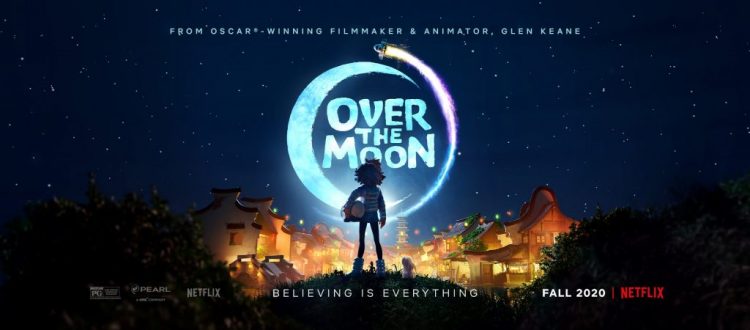
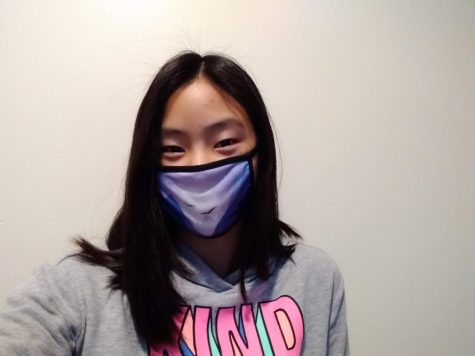






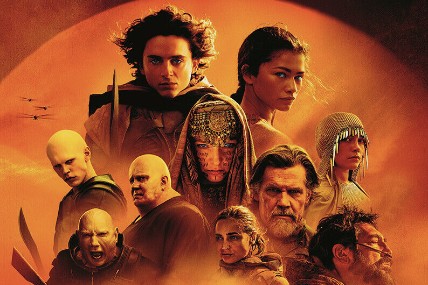
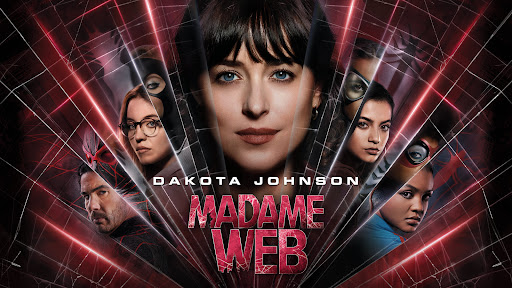
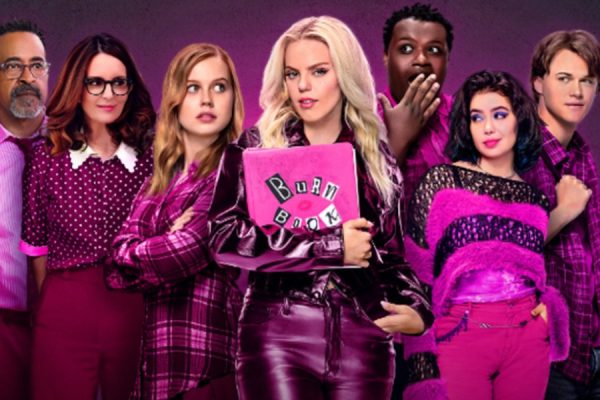
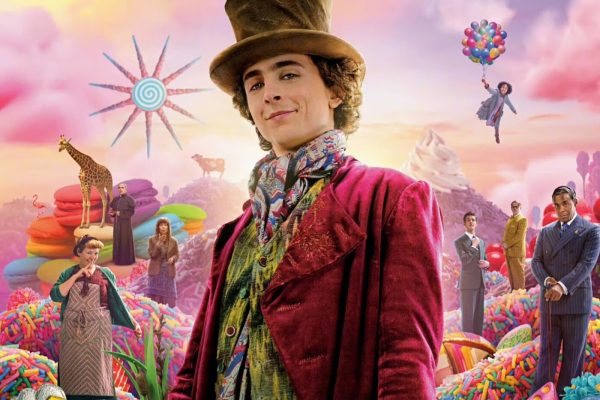
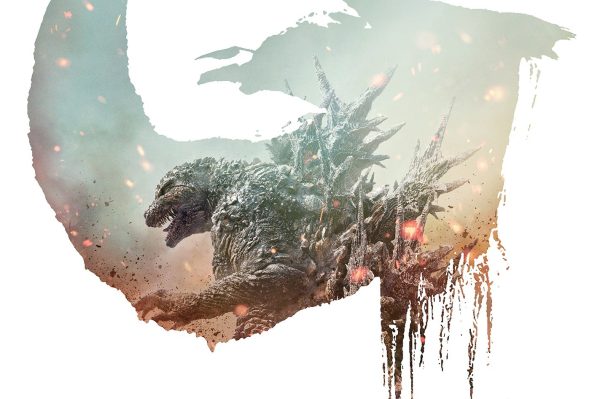
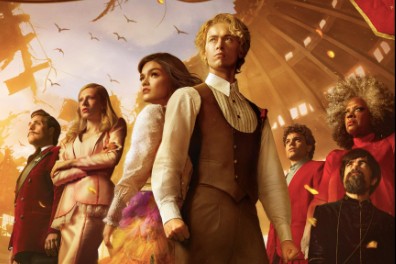
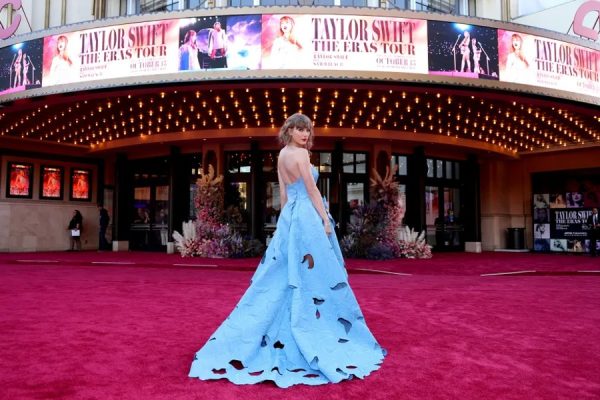
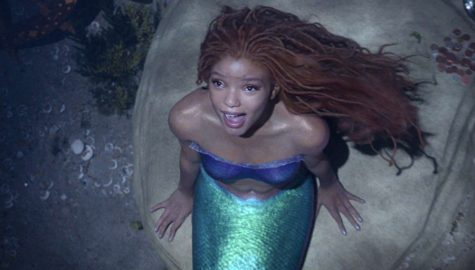
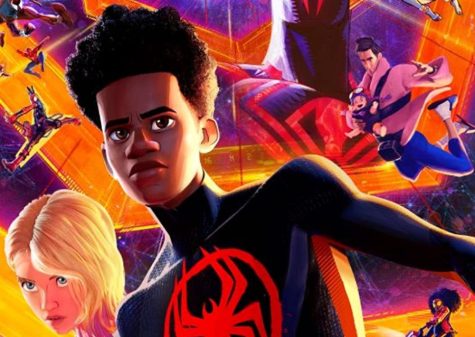

PJ SHAO • Nov 1, 2020 at 9:02 pm
Your review is right on point! I, too, think the movie is inaccurate on portraying the Chinese legend and some of the scenes in the movie do not really fit well to the story. Nevertheless, the movie is entertaining, certainly attracted my attention throughout the two hours.